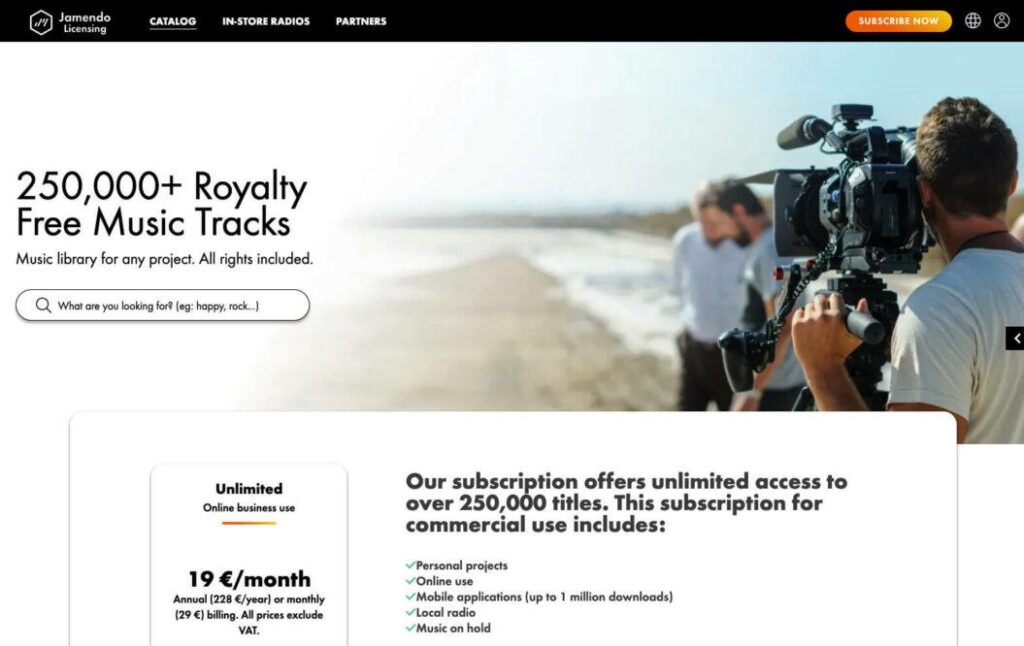Transforming Public Health in Africa Through Unified Health Data Governance – Africa CDC’s Vision
In a groundbreaking initiative to modernize public health systems across Africa, the Africa Centres for Disease Control and Prevention (Africa CDC) has launched a comprehensive strategy to strengthen and harmonize health data governance continent-wide. As African nations face increasingly complex health challenges and aim to improve healthcare delivery, the need for reliable data management and seamless information sharing has never been more critical. This program focuses on establishing standardized policies and frameworks that enable countries to systematically collect, analyze, and utilize health data. The overarching objective is to foster evidence-based decision-making and enhance the agility of health systems. By prioritizing robust data governance, Africa is setting the stage for improved collaboration, transparency, and accountability in healthcare services-ultimately boosting resilience against future public health crises.
Africa’s Vision for Integrated Health Data Governance
Africa is advancing toward a unified health data governance model designed to promote interoperability and elevate data integrity across borders. This vision emphasizes the adoption of consistent standards for data collection, management, and dissemination. Core elements include:
- Implementing rigorous data privacy protocols alongside enhanced cybersecurity safeguards
- Launching extensive capacity-building initiatives aimed at equipping health information professionals with advanced skills
- Establishing regional collaborative platforms that enable secure sharing of information among member states
Guided by Africa CDC’s leadership, countries are encouraged to harmonize their policies with global best practices while adapting them to local realities. This collaborative environment will empower African nations to harness sophisticated data analytics tools effectively. Recent studies reveal that countries adopting integrated governance frameworks have realized significant gains such as:
| Improved Health Outcomes | Increased Funding | Faster Emergency Responses |
|---|---|---|
| 30% reduction in infectious disease incidence (2021-2024) | 40% rise in international healthcare investments | 50% decrease in outbreak response times |
Unpacking Africa CDC’s Data Harmonisation Framework
Africa CDC’s newly introduced harmonisation framework represents a significant leap forward in collaborative health information management across the continent. Designed to facilitate smoother cooperation among member states, this framework enhances both accessibility and reliability of shared health datasets. Its foundational components include:
- Standardized Data Collection Procedures: Ensuring uniform methodologies that guarantee consistency across diverse healthcare environments.
- Interoperable Systems: Connecting disparate digital platforms for efficient cross-border exchange of vital information.
- Advanced Privacy Protections: Employing cutting-edge security measures that safeguard patient confidentiality while maintaining transparency.
The framework also prioritizes workforce empowerment through specialized training programs fostering a culture centered on data-driven policymaking. Strategic alliances with regional organizations and international partners play a crucial role in knowledge sharing and capacity enhancement. The roadmap outlined by Africa CDC includes key milestones:
| Milestone Goal | Target Year |
|---|---|
| Develop continental-wide unified data standards | 2024 |
| Establish regional hubs for managing health data systems | 2025 |
Approaches to Strengthen Data Sharing Integrity Across African Countries
To guarantee trustworthy, transparent, and efficient exchange of health information continent-wide, stakeholders must focus on establishing harmonized protocols that reduce discrepancies during data handling processes. Key strategies include:
- Create a Pan-African Policy Framework: Formulate an inclusive blueprint outlining best practices for collecting, managing, and distributing healthcare datasets.
- Diversify Investments in Digital Infrastructure: Upgrade technological capabilities within healthcare systems enabling real-time analytics alongside collaborative platforms.
- Cultivate Cross-Sector Partnerships: Encourage cooperation among governments, NGOs, academia, and private sector entities committed to maintaining high standards of data integrity.
- Sustain Ongoing Education Programs:Implement continuous professional development focused on ethical management of sensitive information including compliance with privacy laws.
Moreover, integrating innovative technologies will be pivotal for advancing governance frameworks throughout Africa. For instance, artificial intelligence (AI) can extract predictive insights from complex datasets while blockchain technology ensures immutable records that secure sensitive transactions. Cloud computing offers scalable storage solutions accessible anytime by authorized users.
| Technology Solution | Benefits |
|---|---|
| Provides tamper-proof verification processes protecting patient information. | |
| Facilitates early identification of disease trends through machine learning models enhancing preventive strategies. | |
| Enables flexible storage capacity with seamless access promoting inter-agency collaboration. < /table > Final Reflections: Charting a Path Toward Enhanced Public Health Through Data Excellence in AfricaAfrica’s commitment to refining its approach toward comprehensive health data governance heralds a transformative period set to significantly improve public health outcomes across its nations. The initiative spearheaded by Africa CDC not only streamlines cross-border information flow but also bolsters preparedness against emerging diseases through timely interventions grounded on accurate intelligence. As member states converge around shared standards and operational protocols, opportunities emerge for more precise disease surveillance, optimized allocation of resources, and enhanced patient-centered care models. This collective effort strengthens national healthcare infrastructures while positioning Africa as an influential example capable of inspiring similar reforms globally-drawing attention from international public health communities eager for scalable success stories originating from this dynamic region. By embracing innovation coupled with collaboration at every level-from frontline workers up to policymakers-Africa is forging a resilient trajectory toward sustainable wellness benefiting millions today and well into the future. |

